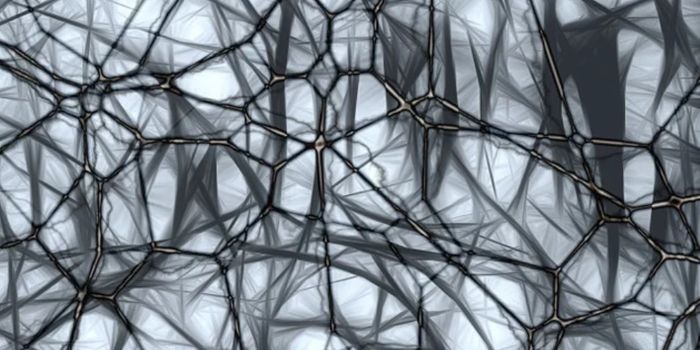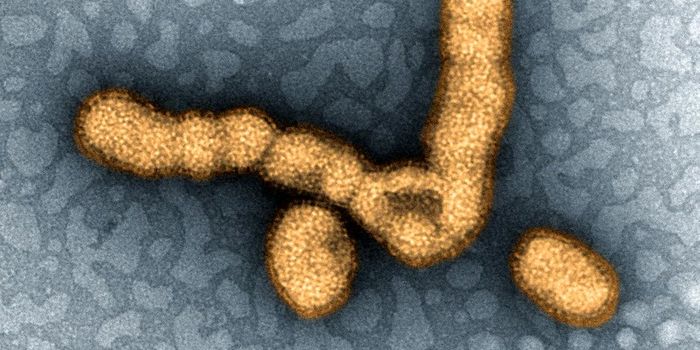Gut punch - does Parkinson's start in the gut?
There’s more news on the gut microbiome - researchers from the University of Alabama at Birmingham found that Parkinson’s disease is associated with changes in gut bacteria.
Parkinson’s disease (PD) is a progressive nervous system disorder characterized by tremors, stiffness, and slow movement. Most of these symptoms occur when neurons in the brain die - this decreases the amount of dopamine the body makes. PD is also associated with the presence of Lewy bodies containing alpha-synuclein in brain cells.
As with most things, study author Haydeh Payami found that the connection between PD and the gut isn’t exactly straightforward. It’s really a chicken-or-egg issue. Does having PD upset the microbiome? Or, does upsetting the microbiome contribute to PD?
According to Payami, “it could be that, in some people, a drug alters the microbiome so that it causes additional health problems in the form of side effects. Another consideration is that the natural variability in the microbiome could be a reason some people benefit from a given drug and others are unresponsive. The growing field of pharmacogenomics -- tailoring drugs based on an individual's genetic makeup -- may need to take the microbiome into consideration."
Curiously, the first symptoms of PD are actually gastrointestinal symptoms, including inflammation and constipation. The pathological signs of PD - Lewy bodies and alpha-synuclein - often appear in gut tissue before they appear in the brain. This information led researchers to hypothesize that PD begins in the gut and later spreads to the brain - possible by way of a leaky gut.
To get to the bottom of things, Payami and colleagues recruited 197 patients with PD and 130 controls, all from Seattle, New York, or Atlanta. They collected a wealth of information on these subjects, including information about their demographics, diet, medications, and gastrointestinal symptoms. They also sequenced 16S rRNA from stool samples to characterize the gut microbiome.
A handful of families of bacteria were altered in abundance in PD patients, including the Bifidobacteriaceae, Christensenellaceae, Tissierellaceae, Lachnospiraceae, Lactobacillaceae, Pasteurellaceae, and Verrucomicrobiaceae. The group also found changes in a number of metabolic pathways within the guts of PD patients, notably for the metabolism of plant-derived compounds and xenobiotics.
They even found that the abundance of Ruminococcaceae bacteria was associated with disease duration - there were more of these types of bacteria in patients who have had PD for at least 10 years.
According to Payami, these results open up “a totally new frontier. There are implications here for both research and treatment of Parkinson's disease. Therapies that regulate the imbalance in the microbiome may prove to be helpful in treating or preventing the disease before it affects neurologic function.”
Sources: Movement Disorders, Science Daily, Wikipedia









